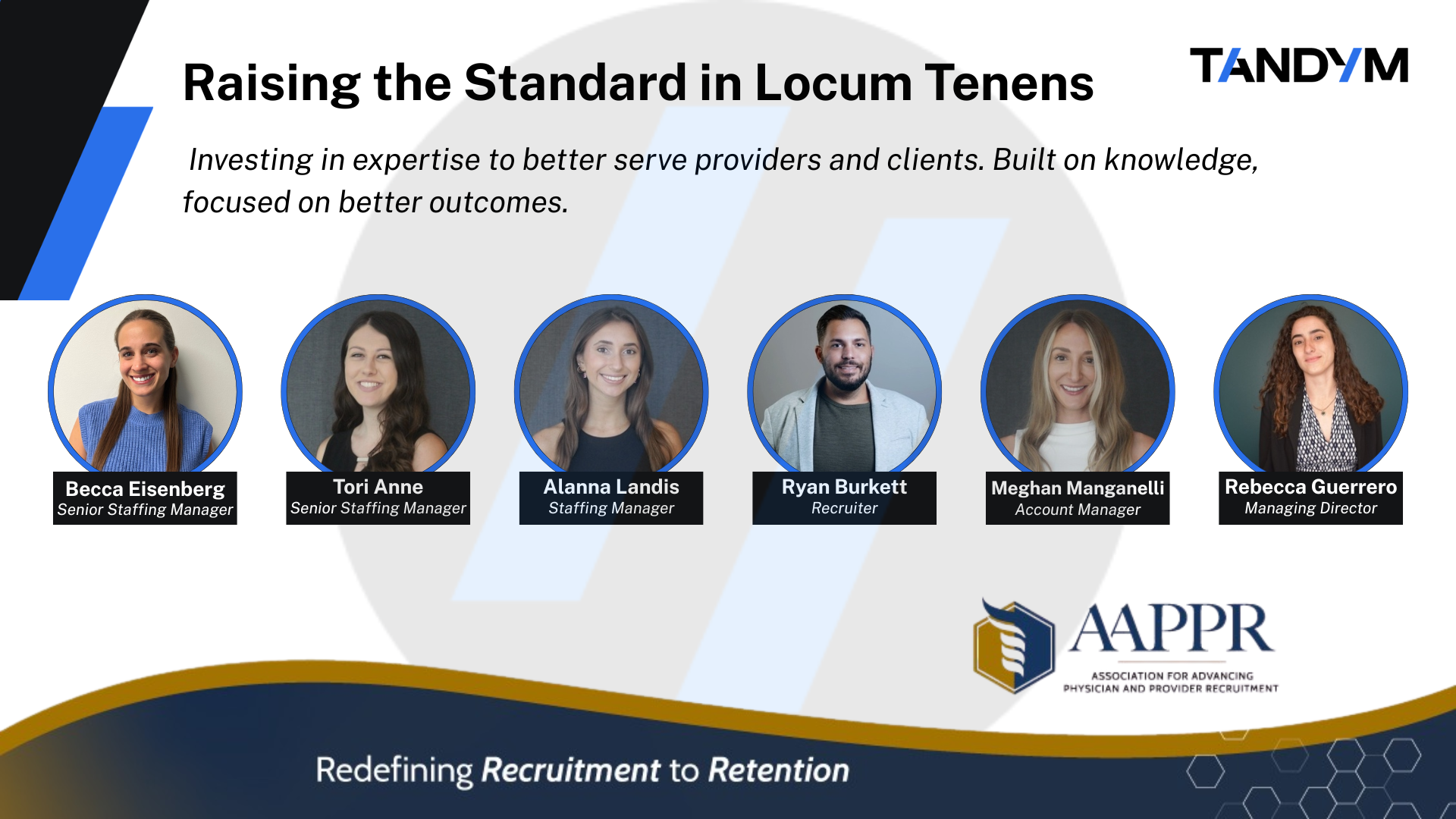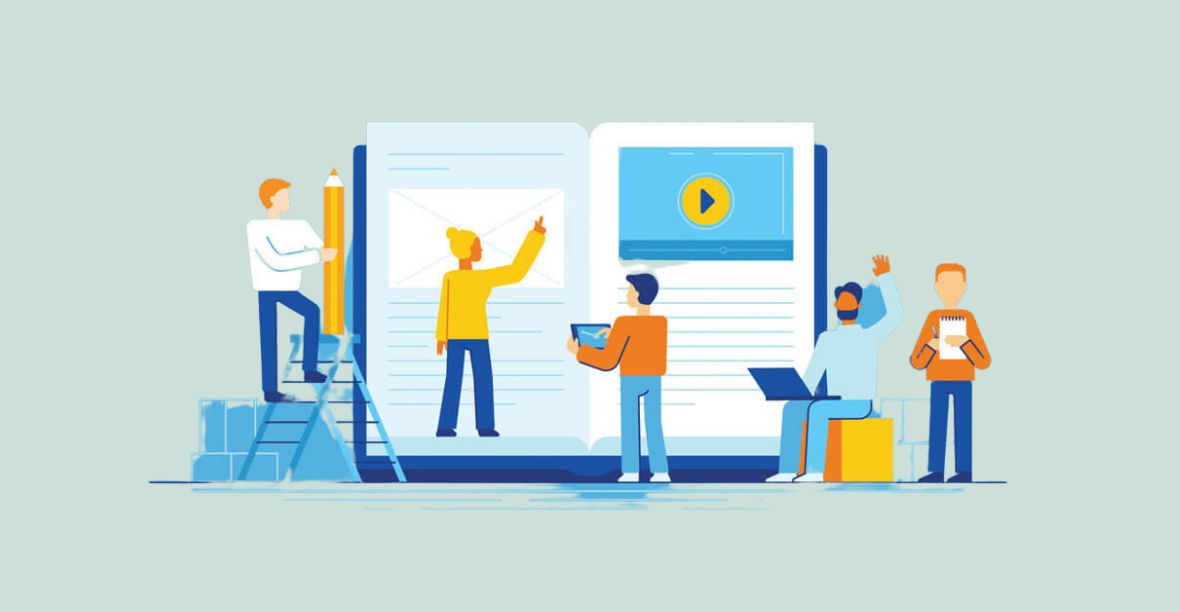Tandym Group’s
Resource Center
Resource Center
Your one-stop-shop for hiring, workplace, and job search trends, tools, and advice.

Job Search & Interview
View All Category Resources
Get Started with Tandym
Employers
Our specialized expertise will help you identify the right solution for your organizational culture and specific needs. By leveraging our AI-assisted insights and human-centered recruitment strategies, you can enhance your workforce and focus on driving your business forward.
Contact UsJob Seekers
With access to a network of employers and insights into industry trends, Tandym can help you land the right role faster and position you for long-term success. Let us be your advocate in navigating the competitive job market and finding the perfect fit for your skills and aspirations.
Search Jobs















